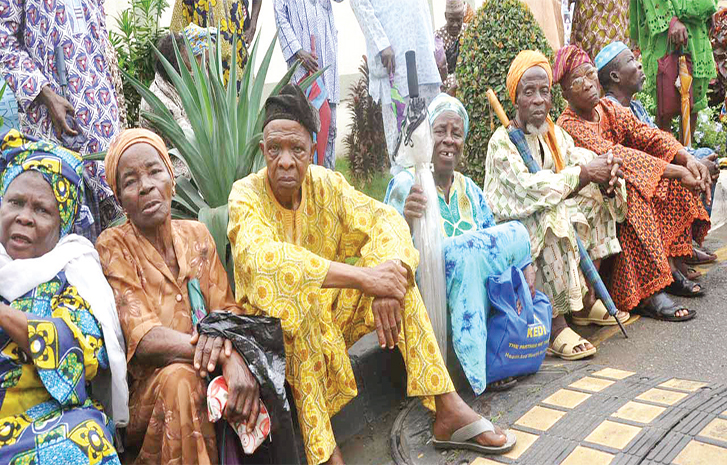80,000 candidates sit for rescheduled 2023 UTME exam
By Favour Nnabugwu
No fewer than 80,000 sat for the rescheduled Unified Tertiary Matriculation Examination, UTME, examination across the country on Saturday.
The candidates who could not sit for the 2023 session of the Joint Admissions and Matriculation Board’ for no fault of theirs were rescheduled.
Minister of Education, Malam Adamu Adamu,who monitored the exercise, expressed satisfaction over the conduct of the rescheduled examination.
Adamu, who was in company of the Registrar of JAMB, Prof. Ishaq Oloyede, monitored the exam at the Computer Based Test, CBT centre located in Mambila Barracks,Asokoro District of Abuja.expressed delight over the smooth conduct of the exercise.
He said : “I am very happy with what I have seen. The (temporary) holding room (for candidates) , and the arrangement in where they are taking the examination, I think everything is in order.
While saying no any negative incident was recorded in the conduct of the UTME at the CBT centre, the minister, however, made a case for a temporary holding place for candidates waiting for the scheduled time of the exam.
“Everything is okay, have you seen any problem? Perhaps they should have a class for the holding room, I think that is the only improvement they will make here,” Adamu said.
Recall that the Board had on Tuesday released results of candidates who had earlier took part in the exam, that commenced on Tuesday, 25th April.
A total of 1,586,765 candidates indicated interest in sitting for the 2023 UTME.


